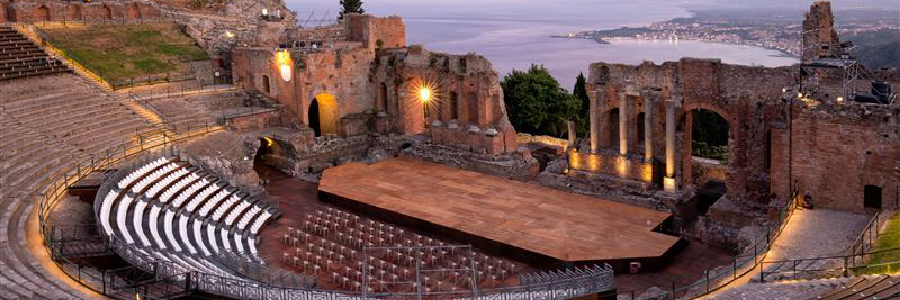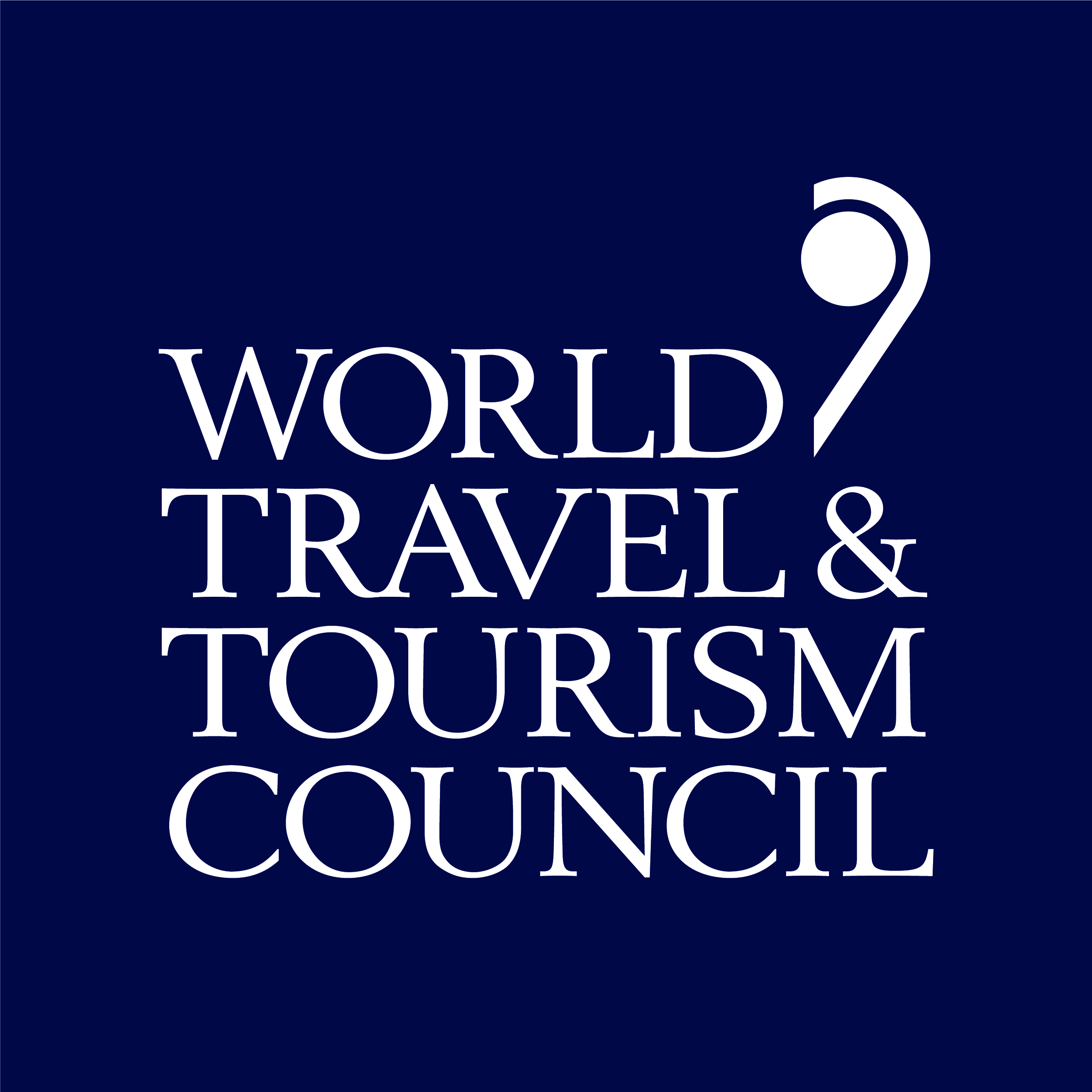How music influences travel decisions

What is your favourite accessory to travel? More often than not, the answer would be headphones. We don headphones as planes taxi down runways, create playlists to accompany long drives, and indulge in local rhythms drifting from street corners in new cities. Music shapes how travellers encounter new places.
It has the unique capability to transcend time, language, emotions, and every difference that separates us. Just as powerfully, it also influences the way we travel. In fact, a friend once shared that he planned his travel around a particular band’s tour. A lifelong fan, he turned each concert into an opportunity to discover a new place. Like him, another friend plans her international trips so she can visit the birthplaces of her favourite bands in every country she explores.
Sign in to access actionable insights
What is your favourite accessory to travel? More often than not, the answer would be headphones. We don headphones as planes taxi down runways, create playlists to accompany long drives, and indulge in local rhythms drifting from street corners in new cities. Music shapes how travellers encounter new places.
It has the unique capability to transcend time, language, emotions, and every difference that separates us. Just as powerfully, it also influences the way we travel. In fact, a friend once shared that he planned his travel around a particular band’s tour. A lifelong fan, he turned each concert into an opportunity to discover a new place. Like him, another friend plans her international trips so she can visit the birthplaces of her favourite bands in every country she explores.
Music actively shapes where people go, how they feel enroute, and what they remember afterwards. For destinations and the wider tourism sector, the connections between music and travel represent both an under-recognised influence and an opportunity.
Music, a motivator
A recent survey found that 63% of travellers were inspired by music to visit specific locations. Moreover,
many people don’t just travel because of music in the abstract. A song can turn a city into a dreamscape like the pull of New Orleans jazz, Seoul’s K-pop boom, or Jamaica’s reggae heartbeat.
Similarly, another research shows that one in three American millennials say music is the main reason they choose a destination, compared with 18% globally. For a generation that often values experiences
over possessions, music becomes a compass pointing the way. This influence is not abstract. It translates directly into bookings, itineraries, and tourism flows. Cities like Nashville, Vienna, Havana and Berlin have long marketed themselves through their music scenes with now, digital platforms making these associations stronger and more global than ever.
Beyond inspiration, millions of travellers every year organise trips specifically around music events. The survey also found that 76% are willing to travel to another city or country to attend these events. In fact, the average expenditure for concert travel stood at USD 1,800 (excluding tickets). In India, a
Booking.com survey found that 69% of respondents have planned or expect to plan travel for a concert
or festival, often out of passion for a particular artist. Globally, research by Collinson International revealed that 71% of air travellers have either travelled for a music event or plan to within a year.
Festivals illustrate the scale. Glastonbury in the UK attracts more than 200,000 visitors, Coachella in California draws around 250,000 across two weekends. These are major tourism events that fill hotels, restaurants, and local transport systems while boosting regional economies. Crucially, music tourism also supports community identity and soft power. Think of how Austin brands itself as the “Live Music Capital of the World,” or how Fado in Lisbon and flamenco in Seville create cultural magnets for visitors. Music tourism is not a niche: it is a robust driver of international and domestic travel.
Italy’s power of the opera
Few countries embody the link between music and travel as strongly as Italy, home of opera. For centuries, opera houses from La Scala in Milan to Teatro di San Carlo in Naples have been not only cultural landmarks but also destinations in their own right. Travellers flock to experience performances where history, architecture, and artistry converge.
The legacy continues today. World-renowned artists like Andrea Bocelli, whose open-air concerts in Tuscany draw global audiences and maestros such as Riccardo Muti sustain international attention. These names attract cultural pilgrims who travel specifically to witness live performances, sometimes at once-in-a-lifetime events. It is no coincidence that opera and classical music continue to feature prominently in Italy’s national tourism campaigns.
Opera’s reach extends well beyond the stage. Specialist operators curate themed tours such as Opera in Italy experiences, which combine guided visits to historic opera houses, behind-the-scenes access, and attendance at live performances. These packages demonstrate how music heritage can drive not only ticket sales but also extended travel products.
The economic weight of music
The cultural draw of music has a measurable economic footprint. According to an Oxford Economics report published in 2020, Europe’s music sector generated tens of billions in direct and indirect impacts. Direct contributions included music venues, live event production, and ticket sales, while non-direct impacts extended into travel, accommodation, hospitality, and ancillary services linked to concerts and festivals.
Crucially, the report highlighted that for every euro spent on music, additional euros flowed into broader tourism and hospitality ecosystems. Visitors coming for live events stayed in hotels, ate in restaurants, used local transport, and often extended their trips to explore nearby attractions. Music was thus both a cultural driver and an economic multiplier.
This reinforces the role of music as not merely an art form but a strategic asset for the European travel economy. For Italy, with its opera heritage, this is particularly significant: a performance at La Scala or an open-air Bocelli concert becomes a trigger for inbound tourism, drawing audiences who contribute to the wider economy.
How SMEs benefit from music tourism
The knock-on effects of music travel extend deep into small and medium-sized enterprises (SMEs), often the backbone of local economies. Opportunities include:
- Room bookings: Hotels, B&Bs, and short-term rentals see spikes in occupancy around concerts and festivals. In cultural hubs like Verona, home to the Arena Opera Festival, performance seasons can transform local accommodation demand.
- Tour guides and VIP experiences: Specialised tours, such as Opera in Italy packages, offer bespoke itineraries combining culture and luxury. Local guides and operators are central to delivering these, creating high-value niches.
- Festivals and events: Beyond headline venues, smaller towns benefit from music festivals that draw regional and international visitors. SMEs in catering, staging, logistics, and security all find business opportunities here.
- Restaurants and hospitality: Dining is an integral part of the experience for music travellers. Opera evenings in Italy are often paired with gourmet dining, giving restaurants a chance to package pre-performance menus or themed experiences.
Together, these elements demonstrate how music tourism decentralises benefits. While a star performer may take the stage, the ripple effects feed directly into local communities and SMEs.
Music is not a peripheral part of travel. It is central. It inspires journeys, improves wellbeing in transit, and anchors memories afterwards. It creates value for destinations, transport operators, cultural institutions, and, above all, travellers themselves. Therefore, it can be an entry point for cultural engagement, a differentiator in a crowded global market, and a tool for making travel more human.
Italian tenor Andrea Bocelli will grace the stage at the WTTC Global Summit in Rome. Known for his powerful and emotive voice, Bocelli’s appearance adds a cultural and inspirational dimension to the Summit, which brings together leaders shaping the future of Travel & Tourism. His performance is expected to be a memorable moment, celebrating both Italy’s rich artistic heritage and the spirit of global collaboration that defines the event.
For those who can’t attend in person, the performance will be available to watch on-demand through the WTTC website and official channels.

.png)















